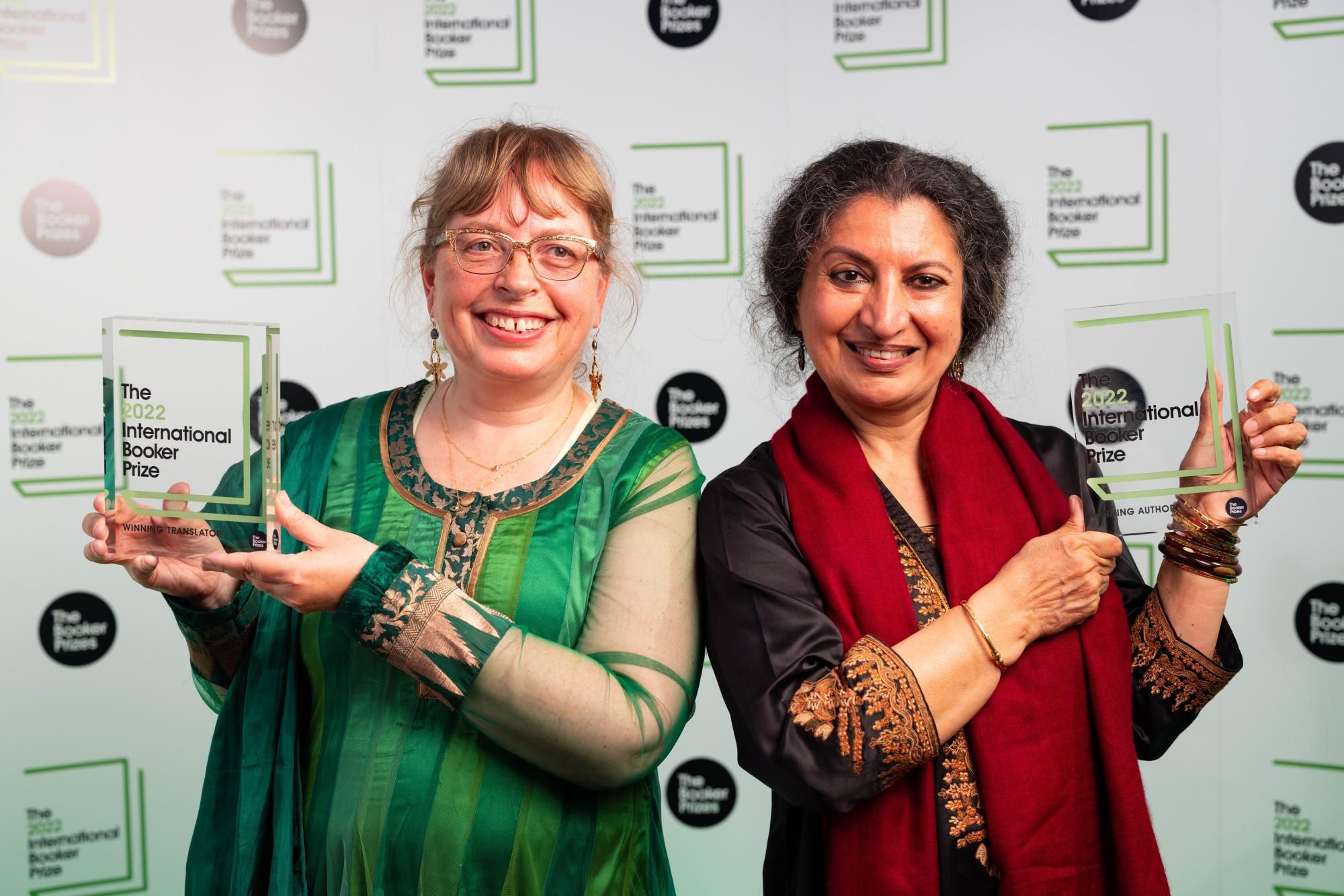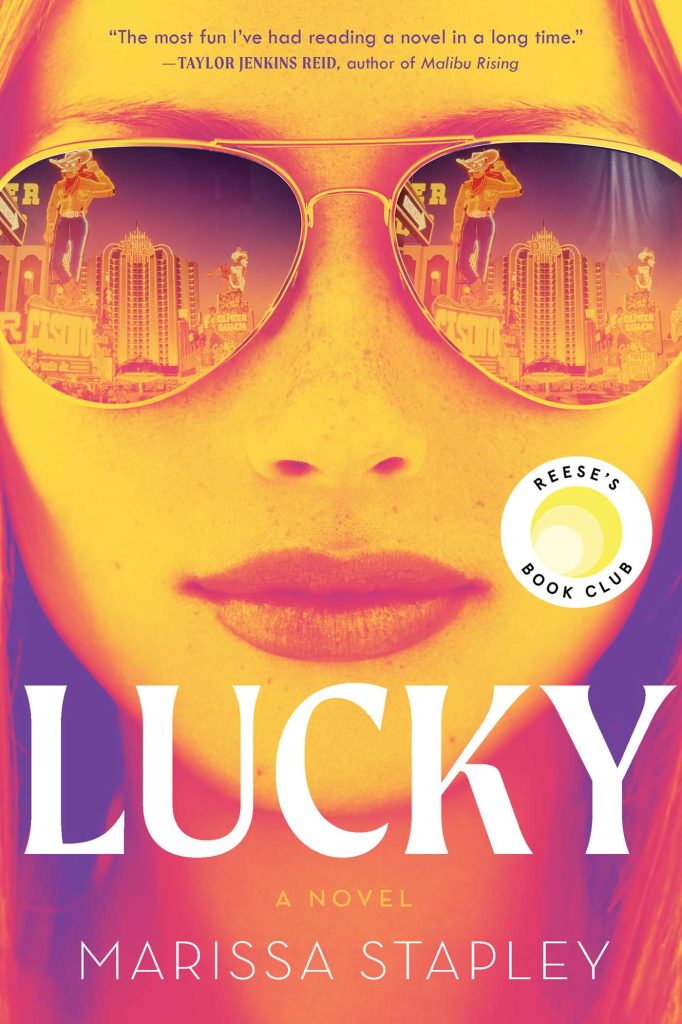
I always find literary translated works fascinating, not only because they offer us a spectacular window to look into different cultures around the globe and inspire us with fresh stories and insights crafted by the world’s literary masterminds, but also because the challenging translation process amazes me. It always appears impossible to me to translate novels and poetry. Not to mention the nuances of cultural differences and historical contexts that can add to the subtleties of meanings and complicate the translation, the text alone is tricky enough to tackle, since each language has its own system—different grammatical rules, various syntactic possibilities, unique sounds and rhythm … there are always untranslatable words that no exact English words to match the meaning with.
Given these challenges, most translators agree that direct translation may be impossible and the focus of translation should be on conveying the intention and meaning of the text. And make an effort to preserve (or recreate) the melody in the original work. As Frank Wynne, the award-winning literary translator and the chair of the 2022 International Booker Prize judging panel, put it, “… at a theoretical level, everything is impossible to translate, so it’s just a question of how to render the impossible … Meaning is crucial to all translations, but even the translation of very standard conversation involves rhythm and cadence …”
It is clear that the translator’s refined skill in both the original and target language is critical to the success of translation. While not always possible to capture everything in the author’s voice, style, and wordplay, seasoned translators aim to balance between staying faithful to the original work and creating something as unique and provoking as the original. Frank continued to explain, “There may be cultural references that are clear to the original reader but may not be clear to the target reader; you need to make a decision as to whether you need to gloss the reference, or simply leave it there and allow the reader to do the work, look it up, or whatever … If there is a hilariously funny passage in the original, it’s your job as a translator to make sure it’s hilariously funny in translation, and that will frequently mean changing every single word, because the chance that the same words will have the same effect in a different language is almost nil—even when they are related languages.”
Continue reading

